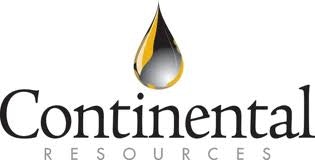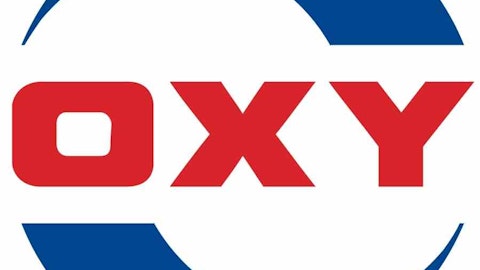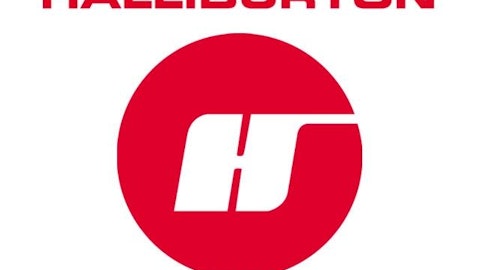
Photo credit: Flickr/James Gordon
Syria is in the global spotlight this week after U.S. intelligence officials were able to confirm that chemical weapons were used there last week. This is leading many to believe that the United States will soon become involved in the situation and respond with a barrage of missile strikes to send a message to Syrian President Bashar al-Assad. If those strikes do happen, it could start a contagion effect that could engulf the region in war.
Iran has already said that if a U.S.-led coalition attacks Syria then Israel could be the next victim of an attack. From there, things could get ugly very, very quickly. It’s the worry of a contagion effect that has oil prices rising to a two year high of over $115 per barrel. Some have suggested that the price of oil could rise to over $150 a barrel, which would be above the all-time high it set at the dawn of the financial crisis. As it did then, an oil price spike of that magnitude would send shock waves through the still fragile, global economy.

The key to understanding the situation is that this isn’t about Syrian oil, as it produces little of its own. Instead, this is about the rest of the oil in the Middle East, which could be affected if the conflict spins out of control. A major concern is that the 800,000 barrels of crude oil that pass through the Suez Canal every day will be restricted. For perspective, that’s about the entire daily output of North Dakota and its Bakken Shale.
In addition to the Suez, there are oil pipelines in the region that could be shut down as well as oil fields in places like Iraq that could stop producing. Bottom line, a lot of oil could be taken off the market, which would have a major impact on the price of oil.
Because two-thirds of the price of gasoline is made up of the price of oil, a spike in oil would hit the American consumer at the pump. What is worrisome about that is, according to a recent Gallup poll, the tipping point for most Americans would happen once the price of gas hit roughly $5.30 per gallon. This is the price when most of us would be forced to make major life changes. That tipping point could also tip the economy back into recession.
All that being said, Syrian contagion does not have to be felt by every American. We do have Strategic Petroleum Reserve, which could be opened up to lessen the sting of an oil price spike. Not only that, but rising oil prices are a good thing for oil producers. It of course boosts profits, but most of those profits are reinvested to increase oil production as well as find new sources of oil.
An oil price spike could incentivize Bakken-based producers like Continental Resources, Inc. (NYSE:CLR) and EOG Resources Inc (NYSE:EOG) to drill even more wells than were planned. EOG Resources Inc (NYSE:EOG), for example is planning to drill 53 Bakken wells this year and can continue that pace for the next dozen years. The company could simply quicken its pace. Similarly, Continental Resources, Inc. (NYSE:CLR) could boost its $3.6 billion capital spending plan and drill more wells this year.





